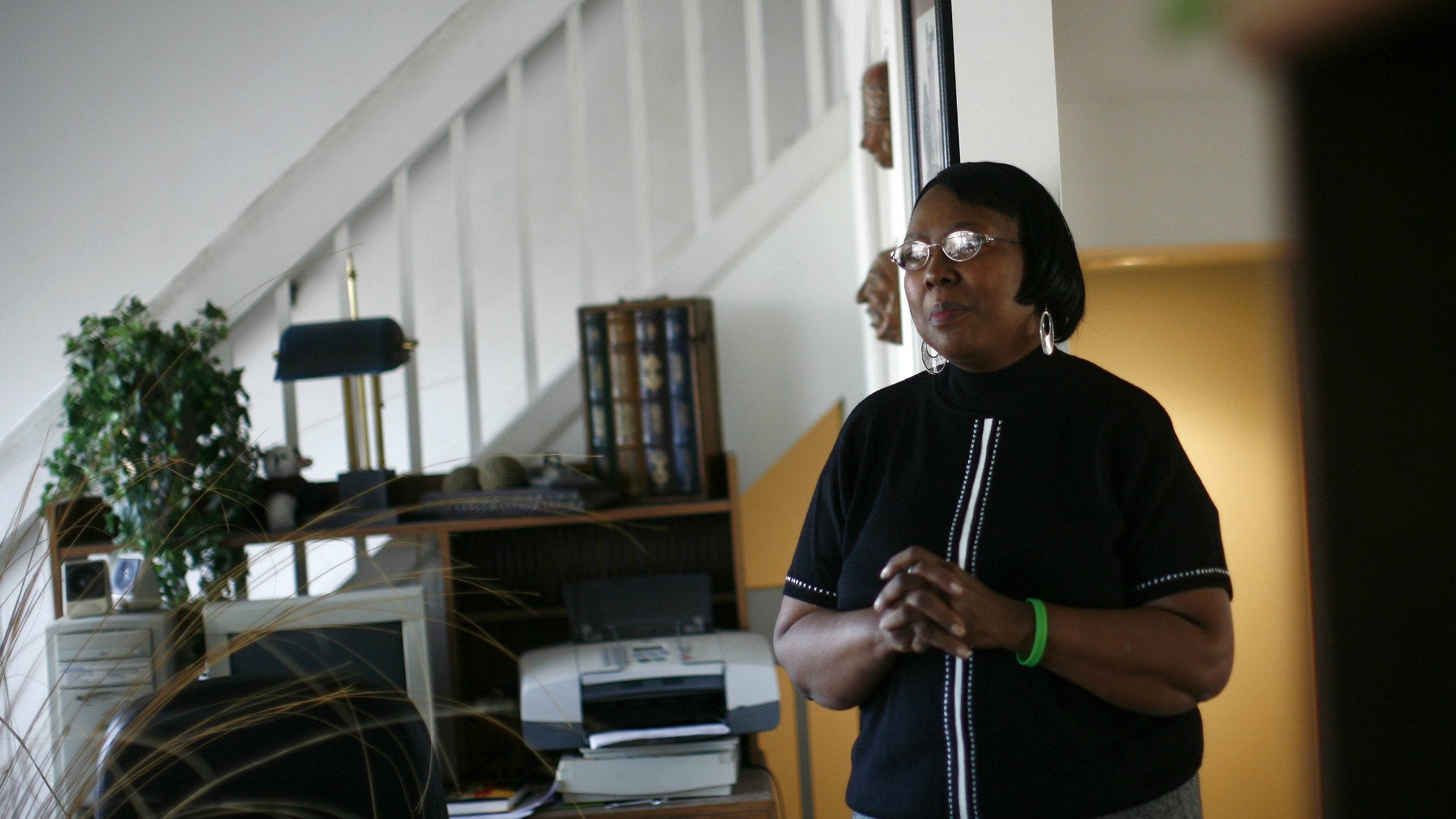Study: Black women face racism and sexism in the mortgage market
A few hundredths of a percentage point here and there can really add up. But the cost is even greater when the disparity is drawn on racial lines.


A few hundredths of a percentage point here and there can really add up. But the cost is even greater when the disparity is drawn on racial lines.
In a paper published in the July edition (paywall) of the Journal of Real Estate Economics and Finance, researchers used housing boom-era Survey of Consumer Finance data from 2001, 2004, and 2007 to tease out how mortgage offerings differ between black and white Americans. On average, the difference is 29 basis points (or 0.29 percentage points). And it’s even worse for when you throw gender into the mix.
“We conclude that, while the racial disparity in mortgage rates is widespread between black and white borrowers, it is the more financially vulnerable black women who suffer the most,” the researchers wrote.
The findings are significant because most research in this area focuses on whether blacks in the US are denied credit more often than whites or receive subprime mortgages disproportionately.
The researchers used SCF responses to control for mortgage features, borrower characteristics (credit history, income, etc.), consumer shopping behaviors, and types of lending institutions. When buckets of homeowners are evaluated under all these controls, the disparity shrinks to 13.8 basis points for blacks overall, though it grows to 36.7 basis points at the seventy-fifth percentile, or the group paying some of the highest rates.
But the research also makes clear that there are gender disparities sitting on top of racial ones.
The typical black male who successfully gets a loan might face an interest rate 8.9 basis points (about 0.09 percentage points) higher than his white male counterpart. But for black women, the gulf expands to 26.5 basis points when compared to white women.
Using Freddie Mac’s mortgage cost calculator, that gap means a white man’s $200,000, 30-year mortgage with a 4.5% interest rate would cost a black man a little over $3,000 more over the course of the loan. Black women, on the other hand, would pay nearly $9,000 more than white women with such a loan.
The mortgage market has a long history of predatory and discriminatory practices that seems to have continued even in the decades since the passage of the Equal Credit Opportunity Act, a law designed to deter such behavior. In the last few years alone, Wells Fargo and Countrywide Financial were slapped with nine-figure settlements for pre-crisis lending practices that discriminated against blacks and Latinos.
This new research gives support to the notion of an ongoing existence of a ”blackness tax” facing prospective African-American homeowners and renters. And for black women specifically, it’s another reminder of the dual burdens, already apparent in areas like net worth and income, that they bear because of their race and gender.